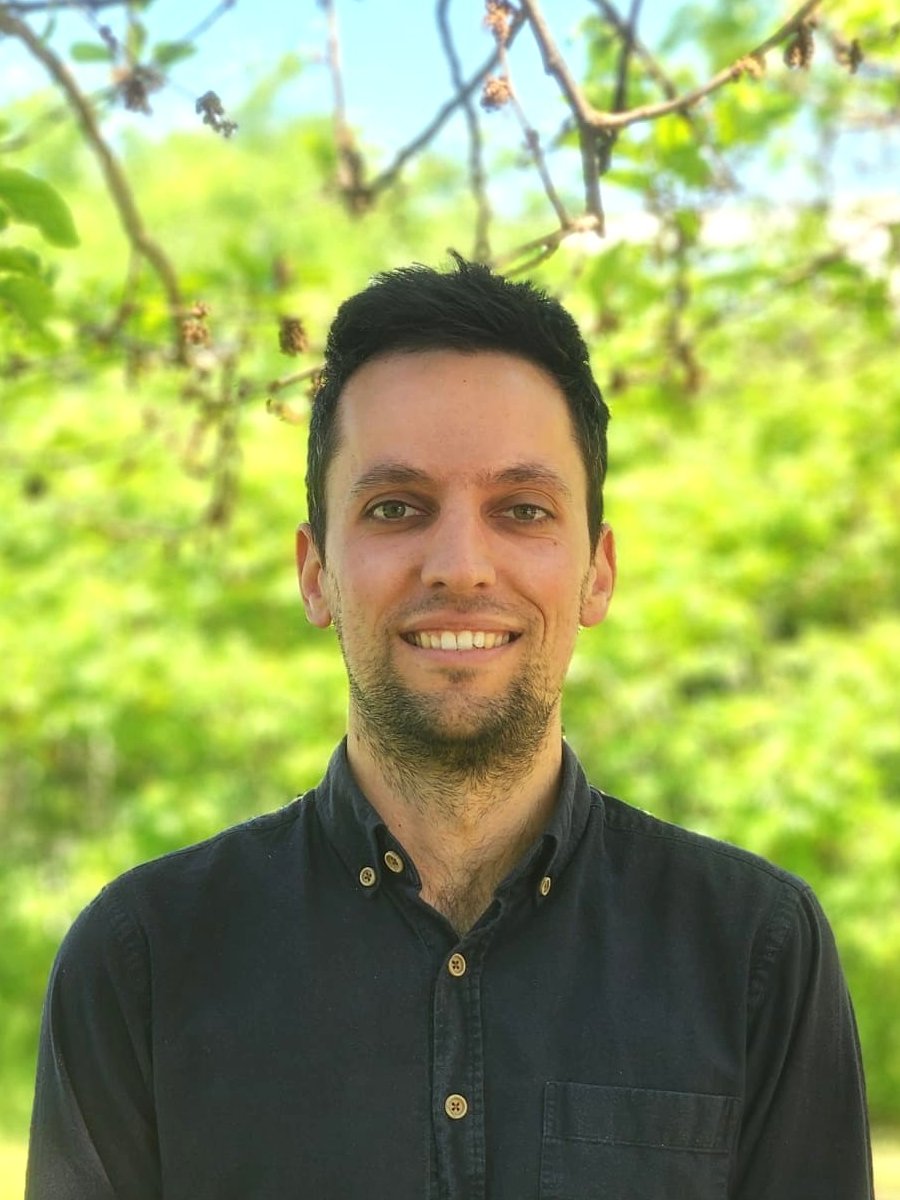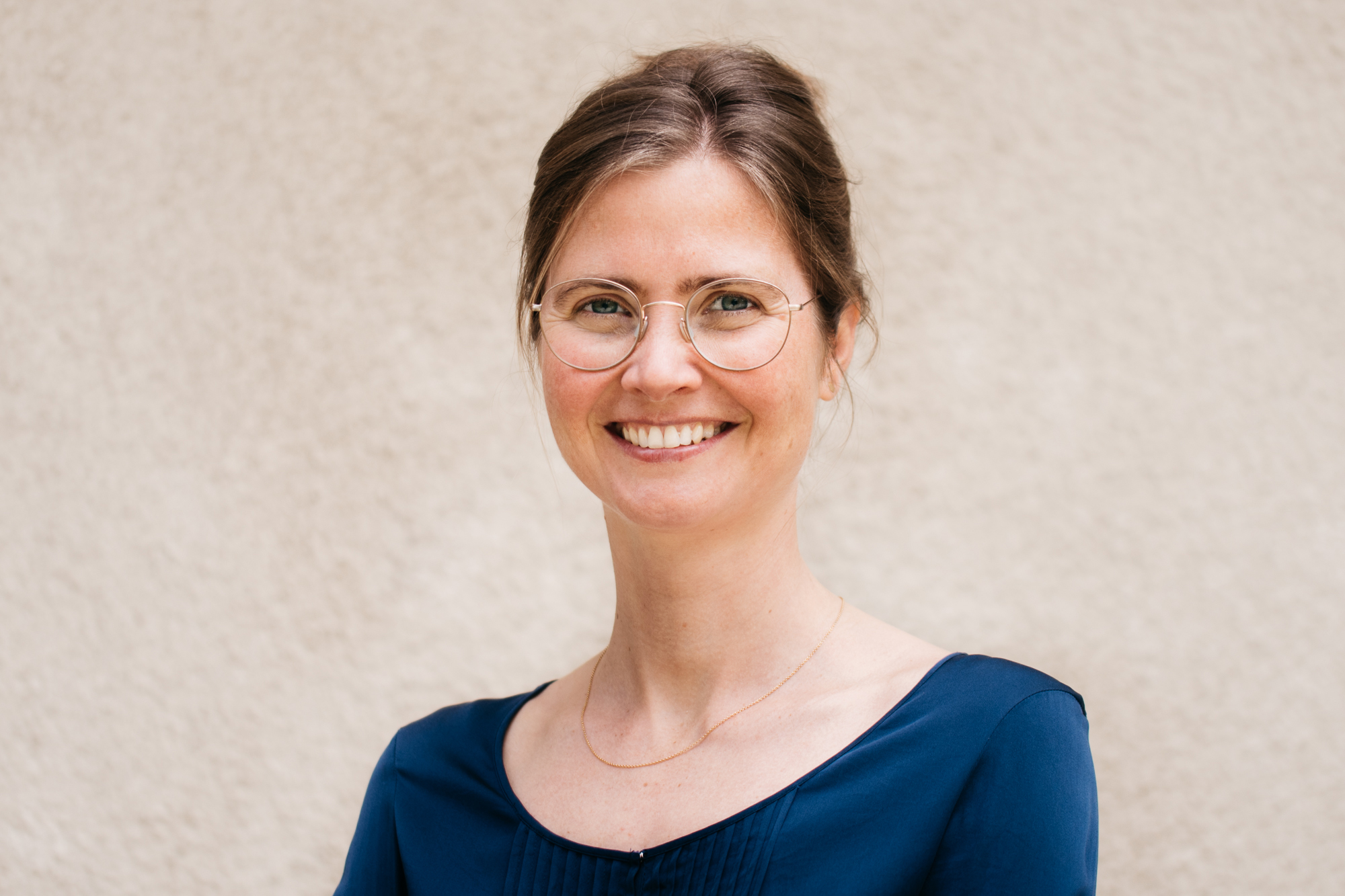According to the press release issued on September 5, 2025. The European Research Council (ERC) has just announced the list of recipients of Starting Grants for 2025. The Lyon metropolitan area has two projects: one led by François Rousset at the International Centre for Infectious Disease Research in Lyon on conflicts between bacteria and viruses, and the other by Katja Doose at the Rhône-Alpes Historical Research Laboratory on the history of non-Western discourses on environmental change.
- The European Research Council's Starting Grant averages €1.5 million for five-year projects.
- The projects of the Lyon winners are in infectious diseases and environmental history, respectively.
- They are among 478 winners across Europe (41 in France).
Project CODA (Conservation of defense and anti-defense mechanisms across the tree of life)

By François Rousset, CNRS researcher at the International Centre for Infectious Disease Research in Lyon (CNRS / Inserm / ENS de Lyon / University of Lyon 1).
Almost all living organisms are exposed to viruses and have developed a complex immune system to fight infections. But how did immunity emerge during evolution? Recent studies suggest that we need to go back to the earliest forms of life: for nearly four billion years, bacteria and their viruses, called phages, have been engaged in a real evolutionary arms race. Under constant pressure from phages, bacteria have developed a multitude of defense systems with various mechanisms. In turn, phages have evolved by developing numerous “anti-defense” strategies that enable them to evade bacterial immunity. Recent advances show that some of these defense or anti-defense factors are also used by complex organisms and their viruses.
It is in this context that the ERC “CODA” project led by François Rousset at CIRI is being carried out. CODA aims to use the molecular mechanisms of bacterial defenses and phage anti-defenses as a starting point to reveal new players in the conflicts between viruses and cells throughout the tree of life.
Project ENVIROSHIFT (Shifting perspectives on environmental change: A History of the Earth Sciences in Central Asia and the Caucasus, 1880-2000)

By Katja Doose, historian at Lumière Lyon 2 University at the Rhône-Alpes Historical Research Laboratory (CNRS / ENS de Lyon / Lyon 2, Lyon 3, and Grenoble Alpes Universities).
This project studies the history of Earth sciences in the mountainous regions of Central Asia and the Caucasus. The approach focuses on non-Western perspectives on environmental change: geologists, glaciologists, and seismologists from these regions during the Tsarist and Soviet periods. The study explores four main areas: 1) the management of science in peripheral regions; 2) the production of localized knowledge; 3) the environmental and social impacts of resource extraction; and 4) the cultural representation of Earth scientists in Soviet ideology. The research is based on a combination of archival research, oral history, and qualitative analysis, with four research groups focusing on uranium mining, expeditions to the Pamirs, glacier studies, and seismological research in the Caucasus. By situating the scientific contributions of Central Asia and the Caucasus within global environmental debates, the project aims to enrich our understanding of human-environment interactions in the context of the Anthropocene.
The European Research Council's Starting Grants are awarded to young researchers wishing to launch their own projects. The aim is to fund exploratory research projects for a maximum duration of five years and with an average budget of €1 million. 478 scientists (43% women) in Europe have been awarded this grant, for a total amount of €761 million from the Horizon Europe framework program. The winners come from 25 European countries, including Germany (99 projects), the United Kingdom (60), the Netherlands (44), and France (41).
Contact: Sébastien Buthion | CNRS Rhône Auvergne Communications | Phone: +33 6 88 61 88 96 | Email: dr07.communication [at] cnrs.fr






